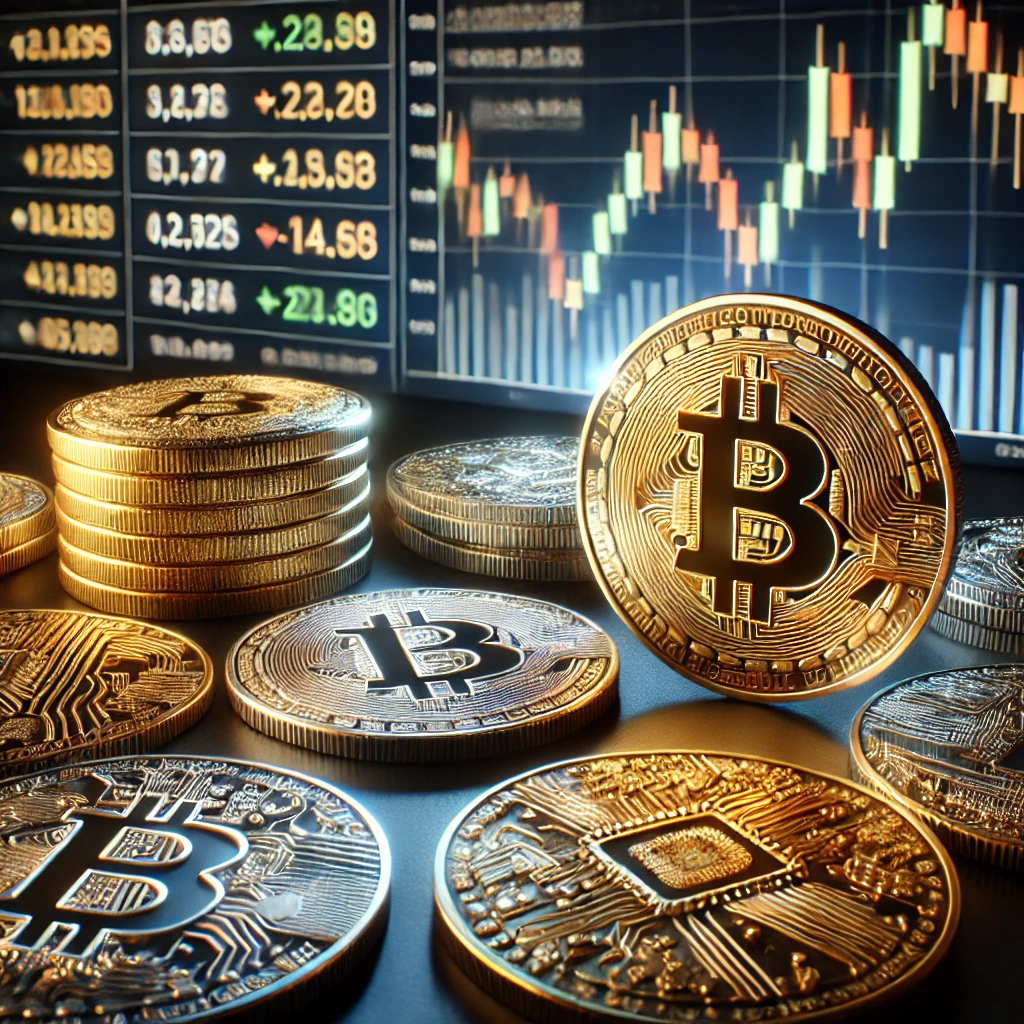In this digital age, where cryptocurrency exchanges serve as platforms for trading digital assets, the concept of market liquidity is essential.
Without liquidity, no trades would take place. Market makers, in turn, ensure that these platforms have enough liquidity. Their role is essential in facilitating seamless transactions between buyers and sellers. Let’s discuss the role of market-making in crypto exchange ecosystems and their types.
The Importance of Market Liquidity for a Crypto Exchange
Liquidity is the ease with which an asset can be bought or sold in the market without largely affecting its price. High liquidity levels indicate a vibrant market where transactions can be executed promptly and at stable prices. Conversely, lacking liquidity leads to a passive market with volatile prices and slow transaction speeds. Thus, liquidity is the bedrock upon which the reputation and functionality of a crypto exchange rest.
The Role of Market Making in Crypto Exchanges
Market makers are entities or individuals that commit to continuously buying and selling digital assets on exchanges, thereby providing market liquidity. By quoting buy and sell prices for an asset, market makers ensure that other traders can execute their orders efficiently.
Market making involves sophisticated strategies and technologies to manage the risks and capitalize on opportunities. This ultimately benefits the exchange and its clients by reducing price volatility and ensuring efficient trading for institutions and retail investors. In return, exchanges reward makers with low or even zero fees. For example, WhiteBIT market maker services are rewarded with the lowest fees, rebates, and convenient tools for efficient trading. In addition, the platform provides support 24/7, flexible APIs, and many more.
The Types of Market Makers
The ecosystem of market makers encompasses a diverse range of participants:
- Individual traders. These market makers set limit orders to profit from the spread between buying and selling prices.
- Professional firms are specialized entities that utilize advanced algorithms to automate their trading activities across various financial instruments, including crypto.
- Exchanges and high-frequency trading (HFT) firms. Some exchanges perform market-making themselves, while HFT firms leverage high-speed trading mechanisms to execute orders rapidly, aiding in liquidity provision.
- Arbitrageurs and algorithmic traders. By exploiting price discrepancies across platforms, arbitrageurs enhance market efficiency. Algorithmic market makers adjust their trading strategies based on real-time market dynamics.
- Institutional investors. Traditional financial institutions also contribute to market liquidity by engaging in market-making activities.
Market makers hold the key to fostering a robust and liquid trading environment in the cryptocurrency market. Through their continuous trading activities, they not only facilitate smoother transactions for buyers and sellers but also contribute to the stability and growth of the crypto market.










